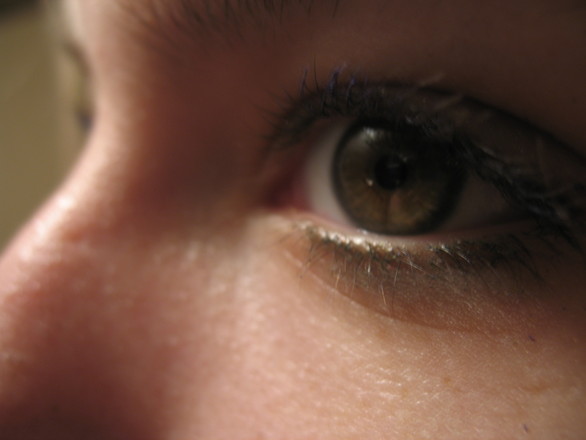Ever feel like scratching your eyes out? You may be under the influence of allergic conjunctivitis. Allergic conjunctivitis manifests when the eyes come into contact with allergens and become inflamed, red, and maddeningly itchy. Common triggers include pollens, mold, dust, and pet dander.

The conjunctiva is a membrane that covers the inner eyelids as well as the outer eyeball. It can become swollen and inflamed when it comes into contact with allergens.
There are five main cause of allergic conjunctivitis.
1. Aromas from household chemicals like cleaning materials and cologne
2. Animal dander
3. Mold
4. Grass, weed and tree pollen
5. Dust inside and outside of the house
There are two types of allergic conjunctivitis.
1. Acute Allergic Conjunctivitis – This type of allergy comes and goes, often manifesting during the high allergy seasons of spring and fall. Acute allergic conjunctivitis is also often accompanied by other hay fever symptoms.
2. Chronic Allergic Conjunctivitis – As the name implies, this kind of conjunctivitis lingers—sometimes even occurring year round. While it can be exacerbated by seasonal pollens, it is often caused by perennial allergy triggers such as dust, mold and pet dander. With chronic conjunctivitis, the sufferer feels an ongoing burning and/or itching sensation in the eyes.
Allergic conjunctivitis is triggered when the eyes come in contact with allergens and the body perceives them as a threat. When this happens, histamine is produced. The histamine is the body’s way of fighting off harmful entities, but in the case of an allergic reaction, it ends up hurting the body by triggering reactions such as hay fever, sinus infections, and, of course, allergic conjunctivitis.
Allergic conjunctivitis is one of the least comfortable manifestations of allergy. If you are tired of living with it, seek help from a physician. Allergic conjunctivitis treatment is available through a number of medications including antihistamines and corticosteroids. Medications often provide an appropriate solution for short-term conjunctivitis.
If your allergic conjunctivitis is particularly uncomfortable, lasts for more than three months per year, or keeps recurring, consider allergy immunotherapy. Immunotherapy treats the allergy itself—not just its symptoms. It is available through allergy injections or your physician can alternately prescribe sublingual immunotherapy (an alternative to shots that uses oral allergy drops to desensitize the body to allergens).


